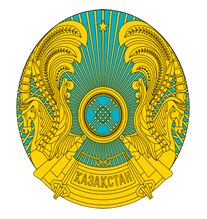Resource information
Item 47 shall be amended to add the following wording: “Grounds for substantiated refusal of state registration of pesticides (toxic chemicals) shall be as follows: (a) negative response of the authorized body in the sphere of sanitary and epidemiological well-being of the population and (or) environmental protection; (b) erroneous or unreliable data submitted by the applicant; (c) discrepancy between chemical composition of pesticides (toxic chemicals) submitted for testing and those submitted for registration; (d) violation of intellectual property rights and patents; and (e) legally effective court decision prohibiting the applicant to perform such practices.
Amends: Order No. 4-4/61 of the Ministry of Agriculture validating the Regulation on registration and production testing of pesticides (toxic chemicals) and state registration thereof. (2015-01-30)



